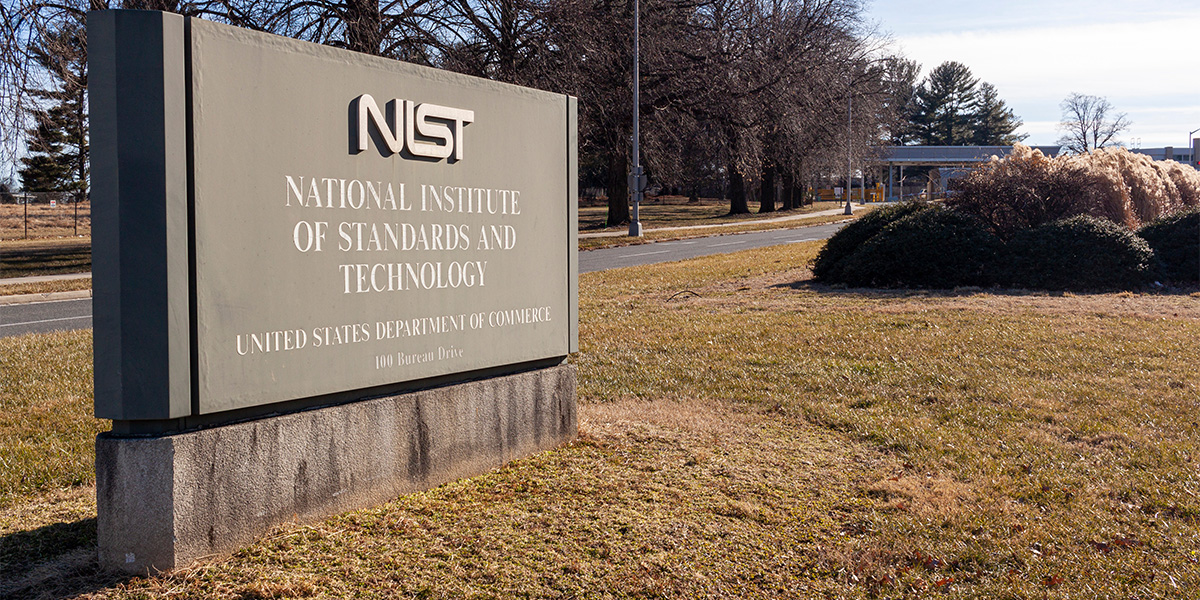NCCS Submits Comments on March-In Rights
The National Coalition for Cancer Survivorship (NCCS) joined fellow member organizations of the Cancer Leadership Council in submitting comments on the “Draft Interagency Guidance Framework for Considering the Exercise of March-In Rights” issued by the US Department of Commerce’s National Institute of Standards and Technology (NIST). The draft framework provides that prices can be a relevant consideration for the exercise of march-in rights for products developed pursuant to the Bayh-Dole Act.
In the letter, the groups advise NIST to abandon the effort to develop a guidance document related to march-in rights and instead consult with Congress. They state, “The debate about product price as a triggering event for exercise of march-in rights should occur in Congress in the context of ongoing debates about patent law and new models for access to gene therapies and other potentially life-saving and expensive therapies.”
Read the letter below. Download a PDF here »
CANCER LEADERSHIP COUNCIL
A PATIENT-CENTERED FORUM OF NATIONAL ADVOCACY ORGANIZATIONS
ADDRESSING PUBLIC POLICY ISSUES IN CANCER
February 6, 2024
Laurie E. Locascio
Director
National Institutes of Standards and Technology
100 Bureau Drive
Gaithersburg, MD 20899
RE: Docket no 230831-0207, Request for Information Regarding the Draft Interagency Guidance Framework for Considering the Exercise of March-In Rights
Dear Director Locascio:
The undersigned cancer patient, provider, and research organizations appreciate the opportunity to comment on the Draft Interagency Guidance Framework for Considering the Exercise of March-In Rights.
The cancer patients, health care professionals, and family members we represent have benefited from research and development of new cancer therapies, which have cured some and extended lives and improved the quality of life for many others. The decline in cancer mortality in recent years is attributed in part to advances in cancer treatment.1 The researchers of the undersigned organizations include developers of cutting-edge therapies who receive federal research funding and collaborate with industry in the development of these therapies.
At the same time, cancer patients are often confronted with serious financial challenges associated with the cost of their treatment, experiencing financial toxicity and in some cases changing their treatment decisions based on cost considerations. Cancer care professionals experience these cost issues alongside their patients, helping to navigate patient assistance programs and supporting appeals of coverage and payment denials.
In evaluating efforts to address prescription drug pricing, we apply a test that balances the several interests of cancer patients. We seek to ensure that drug affordability initiatives protect or enhance access to prescription drugs and at the same time they protect the research and development ecosystem and foster American innovation and commercialization of inventions. We are applying that analysis to the implementation of Inflation Reduction Act provisions, including drug pricing provisions and the revision of the Medicare Part D benefit.
The Draft Interagency Framework for Considering the Exercise of March-In Rights provides that prices can be a relevant consideration for the exercise of march-in rights for products developed pursuant to the Bayh-Dole Act. However, the framework does not provide clarity regarding which prices should be considered by a contractor who has developed a drug under Bayh-Dole. The framework does urge agencies to consider the impact on the research and development ecosystem of a march-in rights determination.
To date, the several march-in rights petitions that have been filed have related to prescription drugs. All have been rejected. It is not clear that the framework provides guidance to agencies that will strengthen their march-in rights analysis or change the decisions compared to past petitions. However, our objections to the framework are not primarily related to a desire for greater clarity or more specific advice to agencies via the framework.
Instead, we think that the debate about product price as a triggering event for exercise of march-in rights should occur in Congress in the context of ongoing debates about patent law and new models for access to gene therapies and other potentially life-saving and expensive therapies.2 Congressional debate is also being informed by private sector deliberations about new models for development of gene therapies and the Centers for Medicare & Medicaid Services Cell and Gene Therapy (CGT) Access Model that has already launched a sickle cell disease access program.3 Although the public policy examples we cite are heavily focused on gene and cell therapies, we believe that the principles guiding those debates are relevant to consideration of pricing of drugs in addition to gene therapies.
The policy debates and initiatives referenced above are generally taking into account the difficult balance of affordable access to new therapies and protection of the research and development ecosystem, and we think that consideration of price as a march-in right triggering event should occur in this context. A change of this sort may require amendment of the Bayh-Dole Act after deliberation in Congress and with all stakeholders.
We advise that the agency abandon the effort to develop a guidance document related to march-in rights and instead pursue advice and perhaps relief from Congress.
We appreciate the opportunity to comment on the framework.
Sincerely,
Cancer Leadership Council
Cancer Support Community
LUNGevity Foundation
Lymphoma Research Foundation
National Coalition for Cancer Survivorship
Ovarian Cancer Research Alliance
Citations
1 Siegal RL, Giaquinto AN, Jemal A. Cancer statistics, 2024. CA Cancer J. Clin. 2024; 74(1) 12-49.
3 The Innovative Genomics Initiative headed by Nobel Laureate Jennifer Doudna is calling for alternative models for drug development to ensure broad access to gene therapies. Press release announcing Innovative Genomics Initiative effort accessed on February 4, 2024. The Biden-Harris Administration announced a sickle cell therapy access program on January 30, 2024; announcement accessed on February 4, 2024.
CONTACT: 2446 39th Street NW, Washington, D.C. 20007 · Phone: 202-333-4041 · www.cancerleadership.org
# # #




